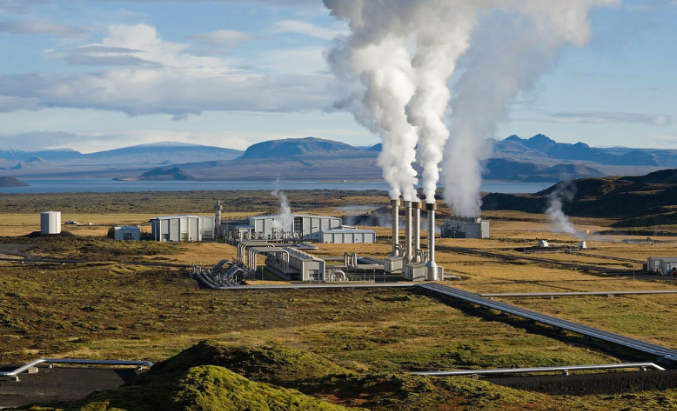In a significant move towards bolstering its renewable energy portfolio, India is poised to finalize its long-awaited geothermal energy policy. After eight years of deliberation, the Centre aims to expedite the process, offering non-fiscal support to catalyze growth in the sector.
Policy Evolution and Impetus Initially proposed in 2016, the draft national policy on geothermal energy is now on the cusp of fruition. With plans for demonstration projects up to 25 MW capacity, the government seeks to validate the viability of geothermal energy as a sustainable energy source. While only one such project exists in Ladakh, pending completion due to drilling delays, the forthcoming policy is expected to pave the way for broader adoption and implementation.
Geothermal Potential and Strategic Imperatives Geothermal energy harnesses the heat trapped beneath the Earth’s surface for various applications, including electricity generation and heating/cooling systems. India’s geothermal potential is estimated at 10 GW, offering a reliable and clean energy source. Despite initial exploratory efforts by the Geological Survey of India (GSI) in the 1970s-80s, comprehensive exploitation of geothermal resources remains untapped.
Challenges and Opportunities While India’s geothermal resources predominantly stem from hot rocks, as opposed to hot lava found in other regions, the sector presents immense opportunities for clean energy expansion. As India strides towards its ambitious targets of 500 GW non-fossil fuel capacity by 2030 and net-zero carbon emissions by 2070, geothermal energy emerges as a pivotal component in achieving sustainable energy security.
Future Outlook and Growth Trajectory The finalization of the geothermal policy signifies India’s commitment to diversifying its energy mix and reducing reliance on fossil fuels. By leveraging indigenous resources and fostering technological innovation, India aims to position itself as a global leader in renewable energy deployment. With strategic policy interventions and concerted efforts, India is poised to unlock the full potential of geothermal energy, contributing significantly to its sustainable development agenda. India’s endeavor to finalize its geothermal policy underscores its proactive stance towards embracing clean energy solutions. As the nation embarks on this transformative journey, collaboration between government, industry, and research institutions will be paramount in realizing India’s renewable energy aspirations.


